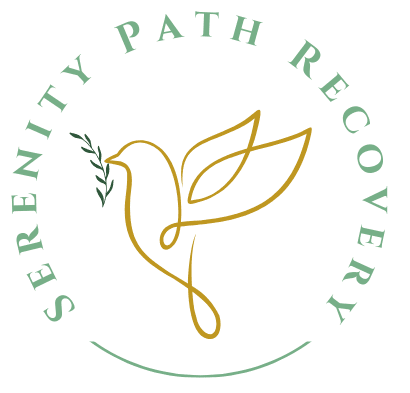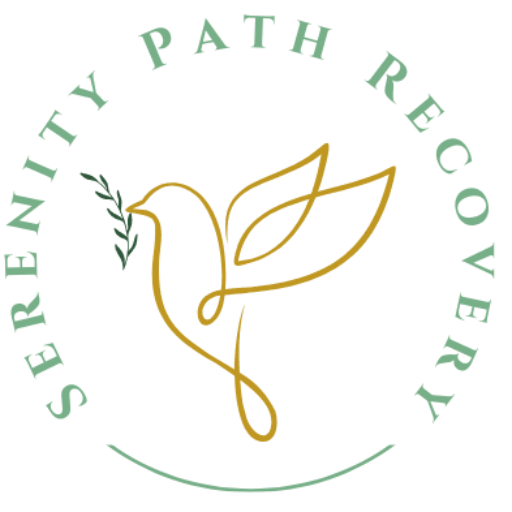Yoga for Addiction Recovery
Build Strength, Stillness, and Self-Awareness
What Is Yoga Therapy?
Yoga therapy integrates intentional movement (asanas), controlled breathing (pranayama), and guided meditation to promote emotional balance, nervous system regulation, and overall physical well-being. In the context of addiction and mental health treatment, yoga empowers clients to calm their minds, reduce cravings, and develop self-awareness through mindful presence.
This holistic practice helps reset stress responses and provides gentle techniques to handle emotions and everyday challenges with grace.
The Benefits of Yoga in Addiction Treatment
Yoga offers a safe and gentle way to process emotions, reduce anxiety, and improve physical resilience. Through guided poses, breathwork, and mindfulness, clients in our yoga for addiction recovery sessions develop tools to manage cravings, regulate their mood, and find calm amidst challenges.
How Yoga Enhances the Recovery Process
Yoga is fully integrated into our holistic treatment plans at Serenity Path Recovery, offering a peaceful outlet for both emotional and physical healing. Sessions promote patience, presence, and grounded awareness—key elements that support a resilient and long-lasting recovery.
Dual Diagnosis Support
Stress & Anxiety Relief
Restoring the Mind-Body Connection
Daily Resilience and Balance
Experience the Serenity Path to Lasting Recovery
Why Choose Yoga at Serenity Path Recovery?
At Serenity Path Recovery, yoga is an integral part of a comprehensive recovery experience. Each class is trauma-informed, beginner-friendly, and facilitated by skilled instructors who understand the needs of those on the recovery path.

